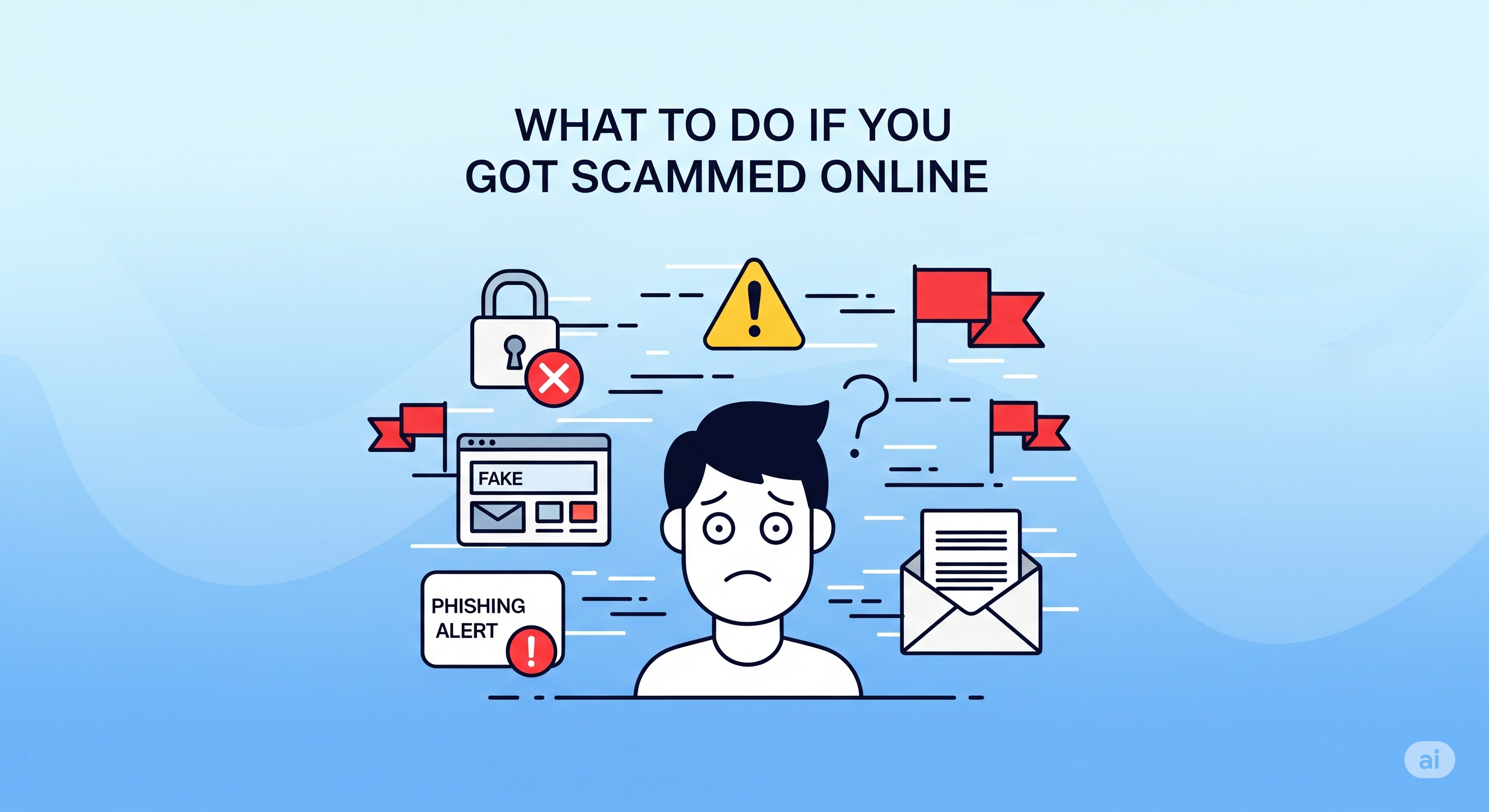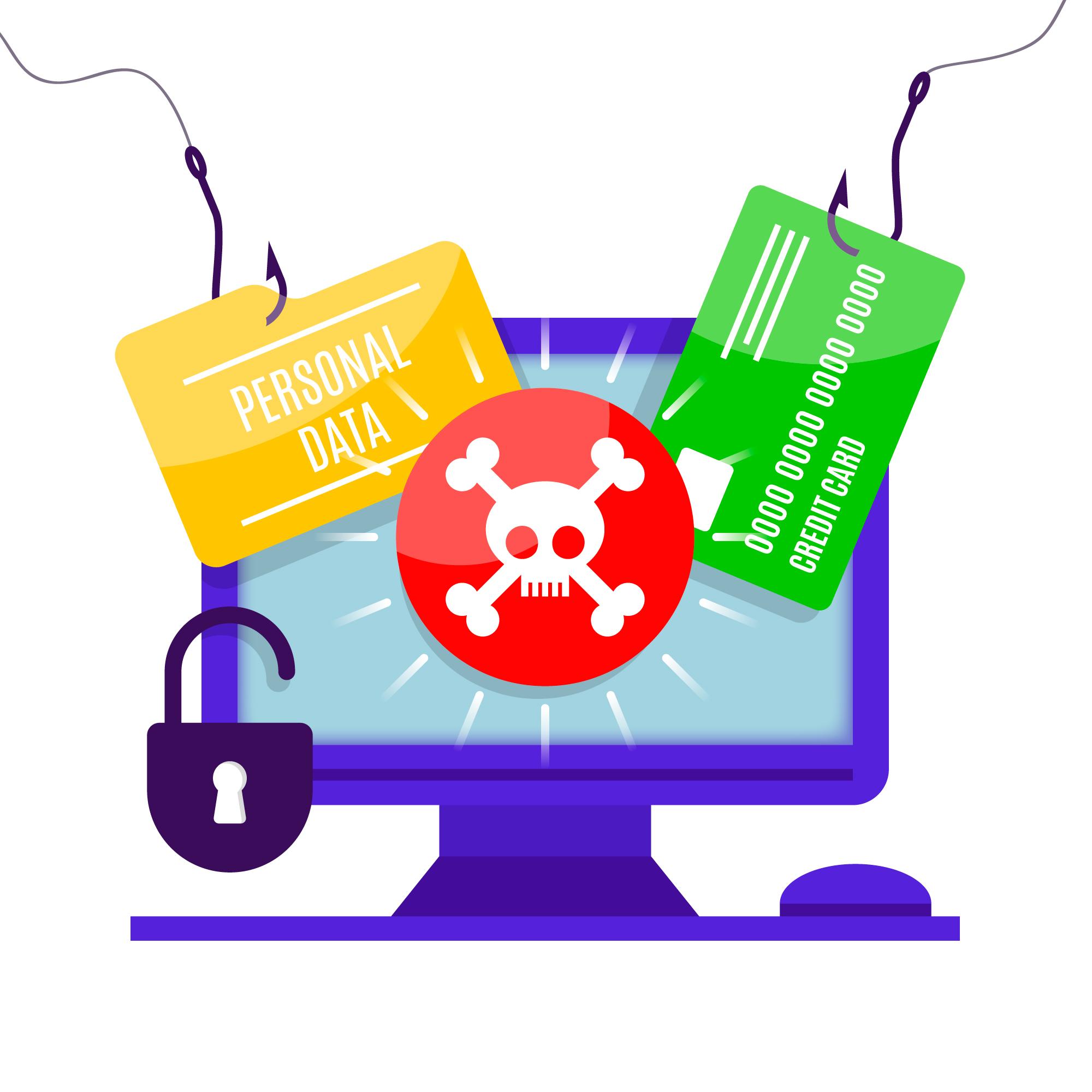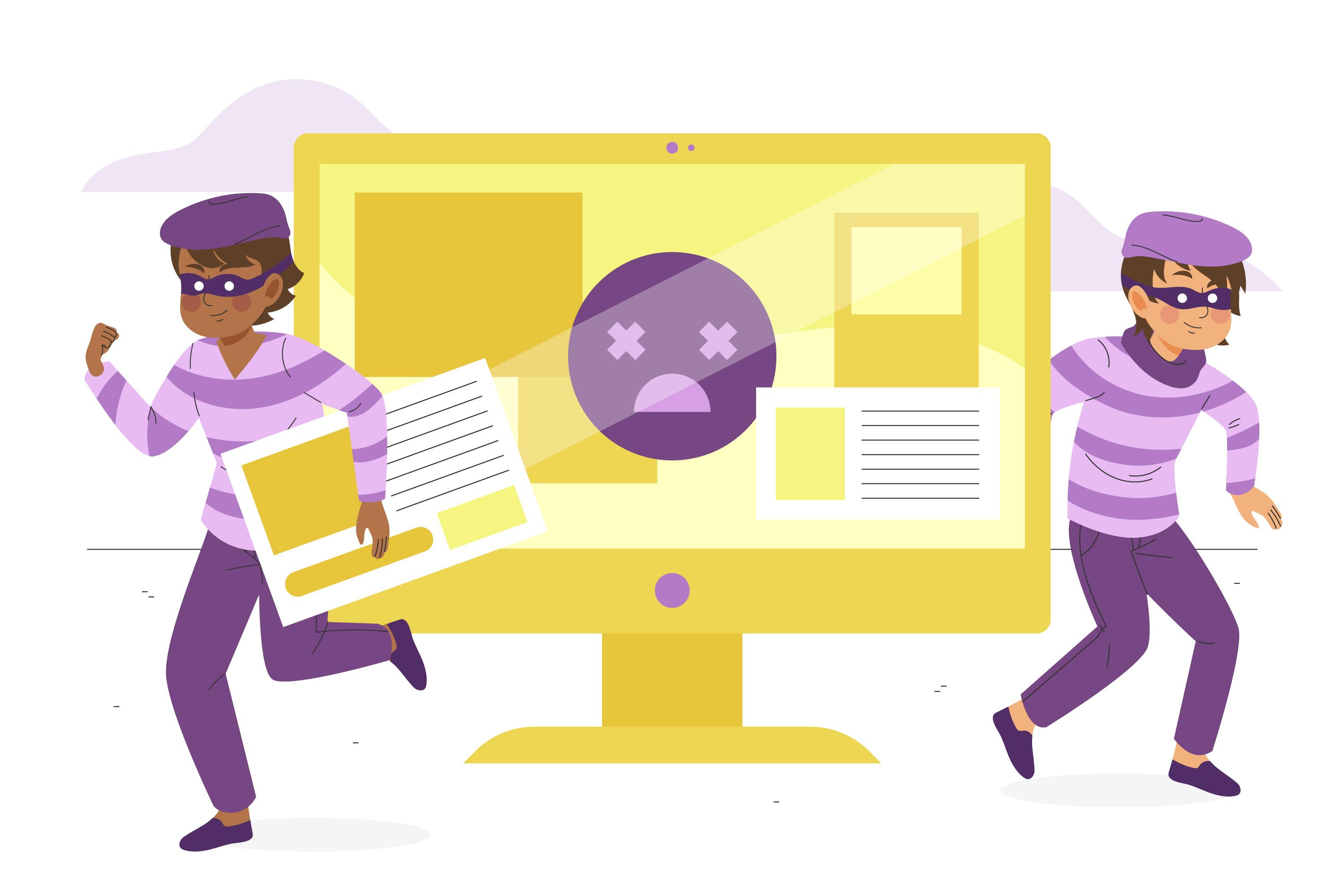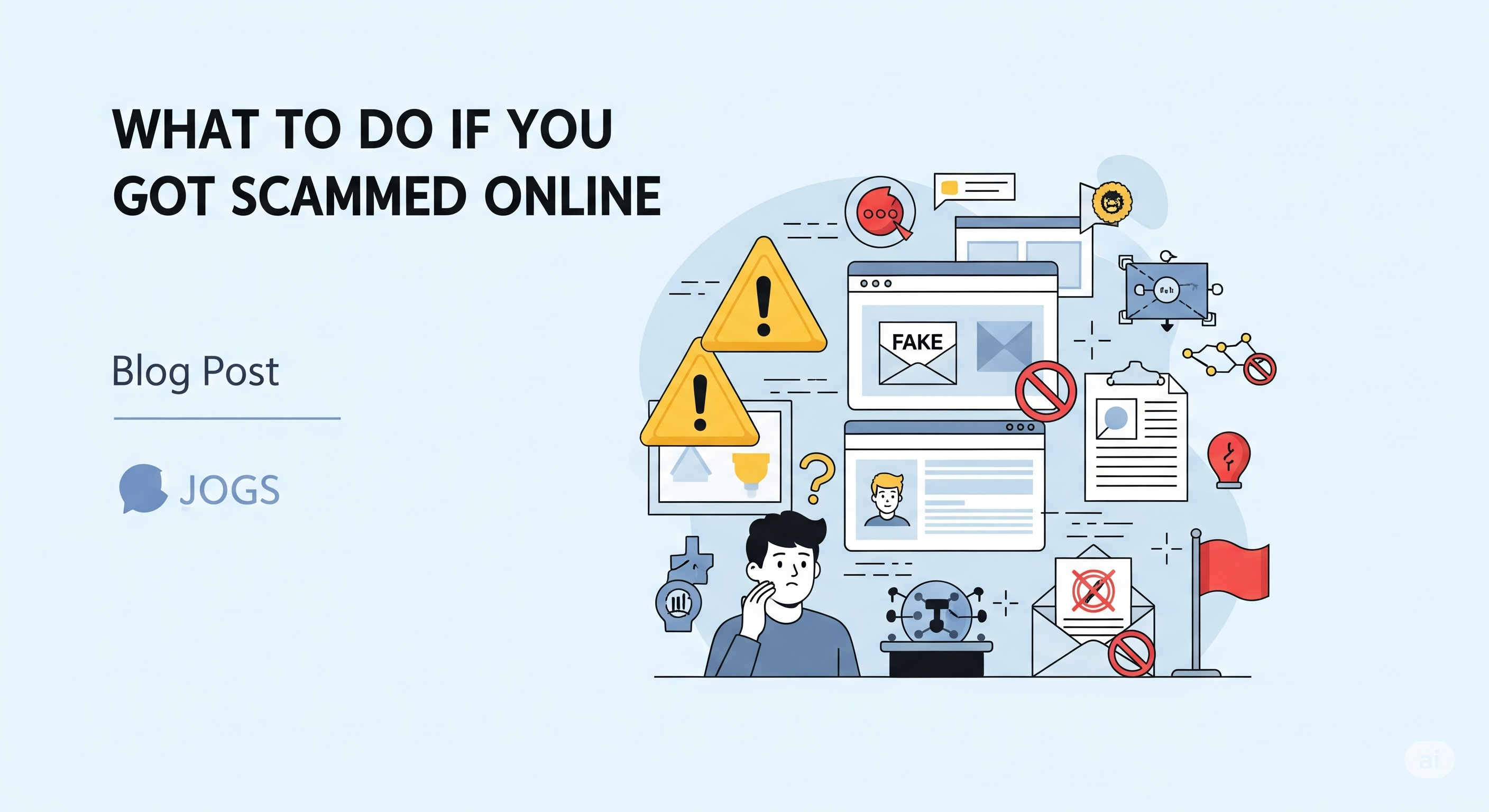Tips & Support
Online Scam Next Steps
Online Scam Next Steps
By Admin
Related Topics

Love Bomb Then Ghost
It s common to interact with people online these days but it also opens the door to new kinds of......
Read More
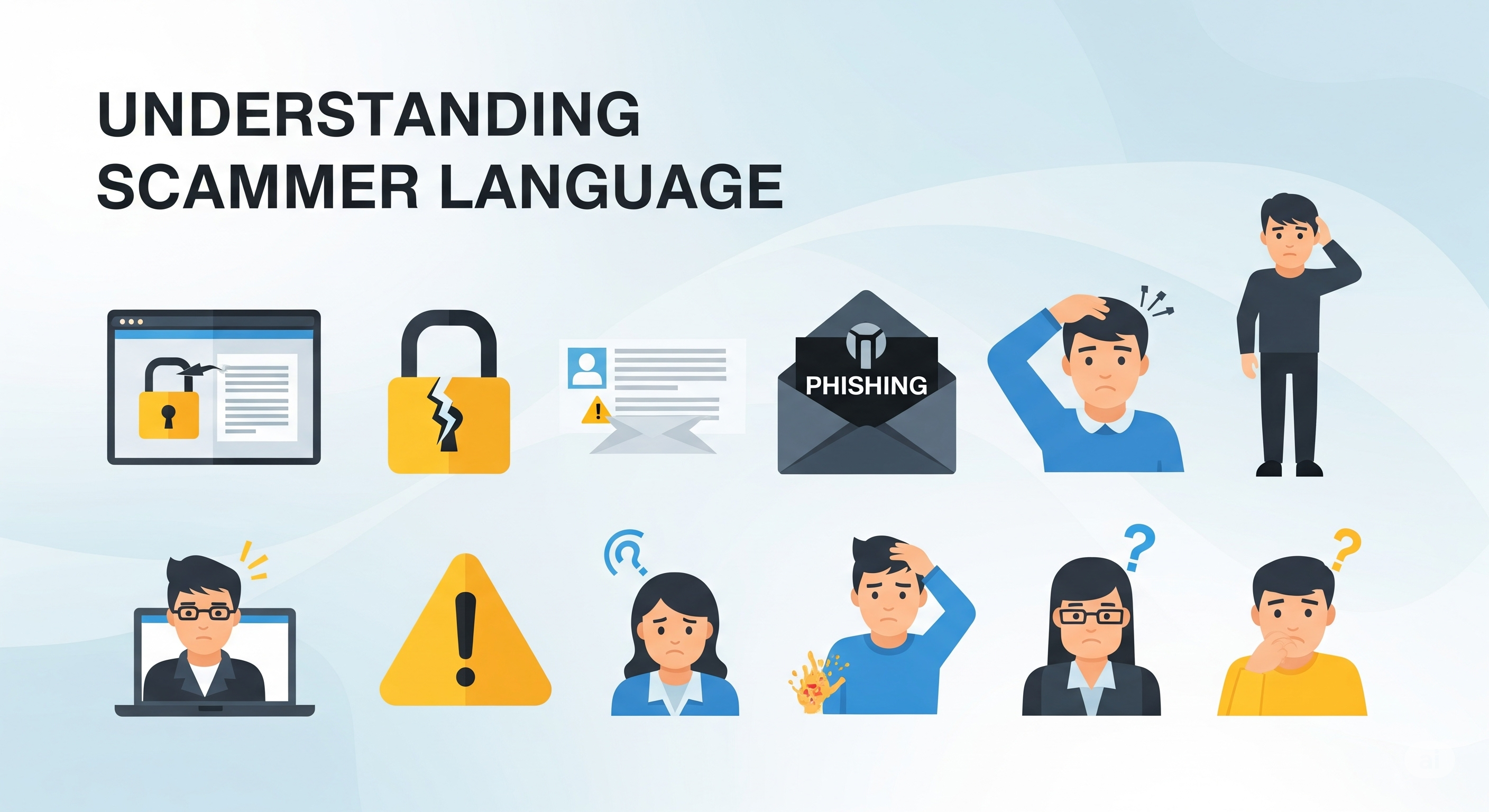
Understanding Scammer Language
Scammers on the internet are getting smarter all the time and they often use one basic tactic to get what......
Read More
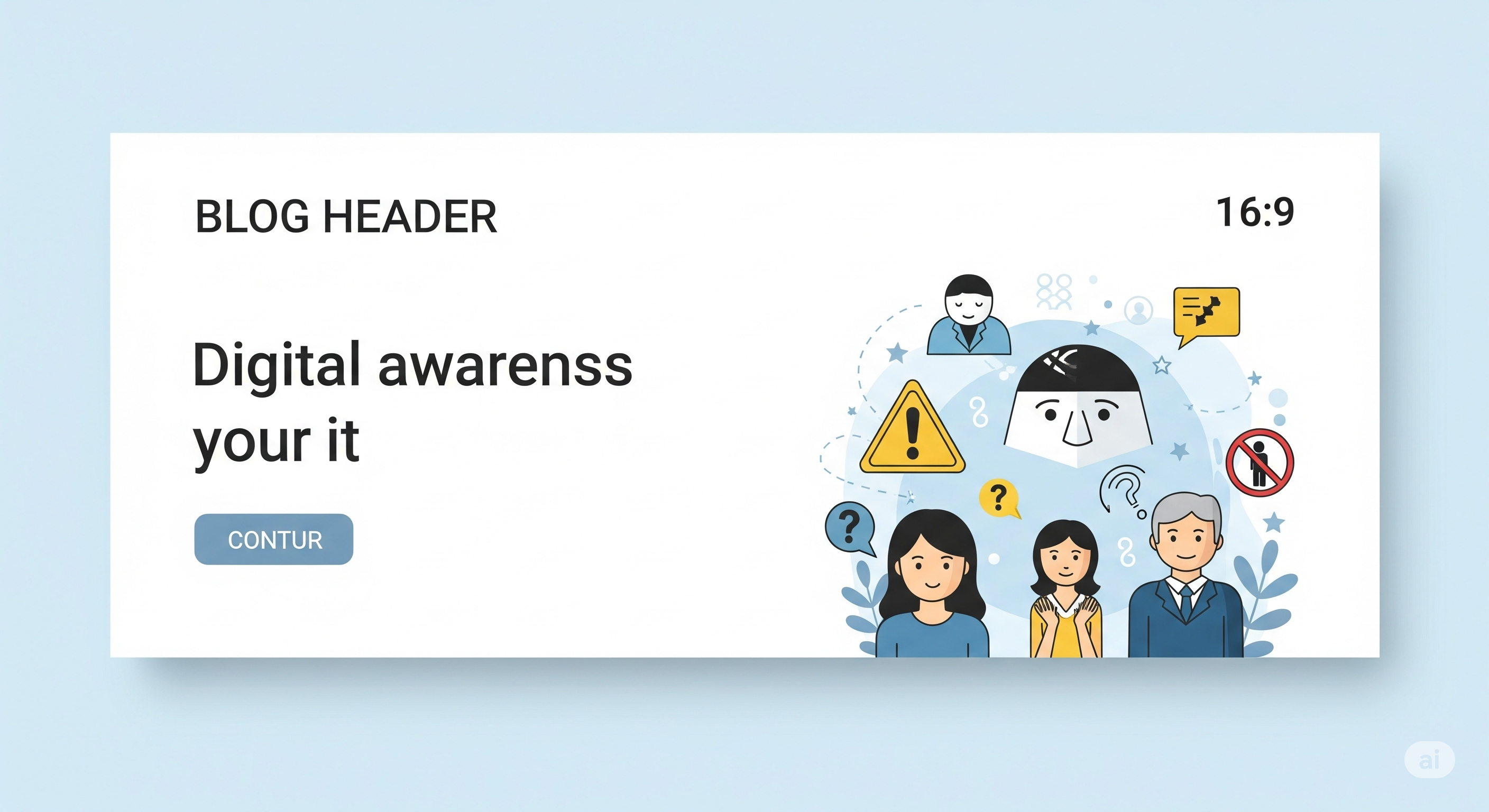
Military Love Trap
The Military Love Trap is a rising internet scam in which scammers pretend to be military members to emotionally deceive......
Read More
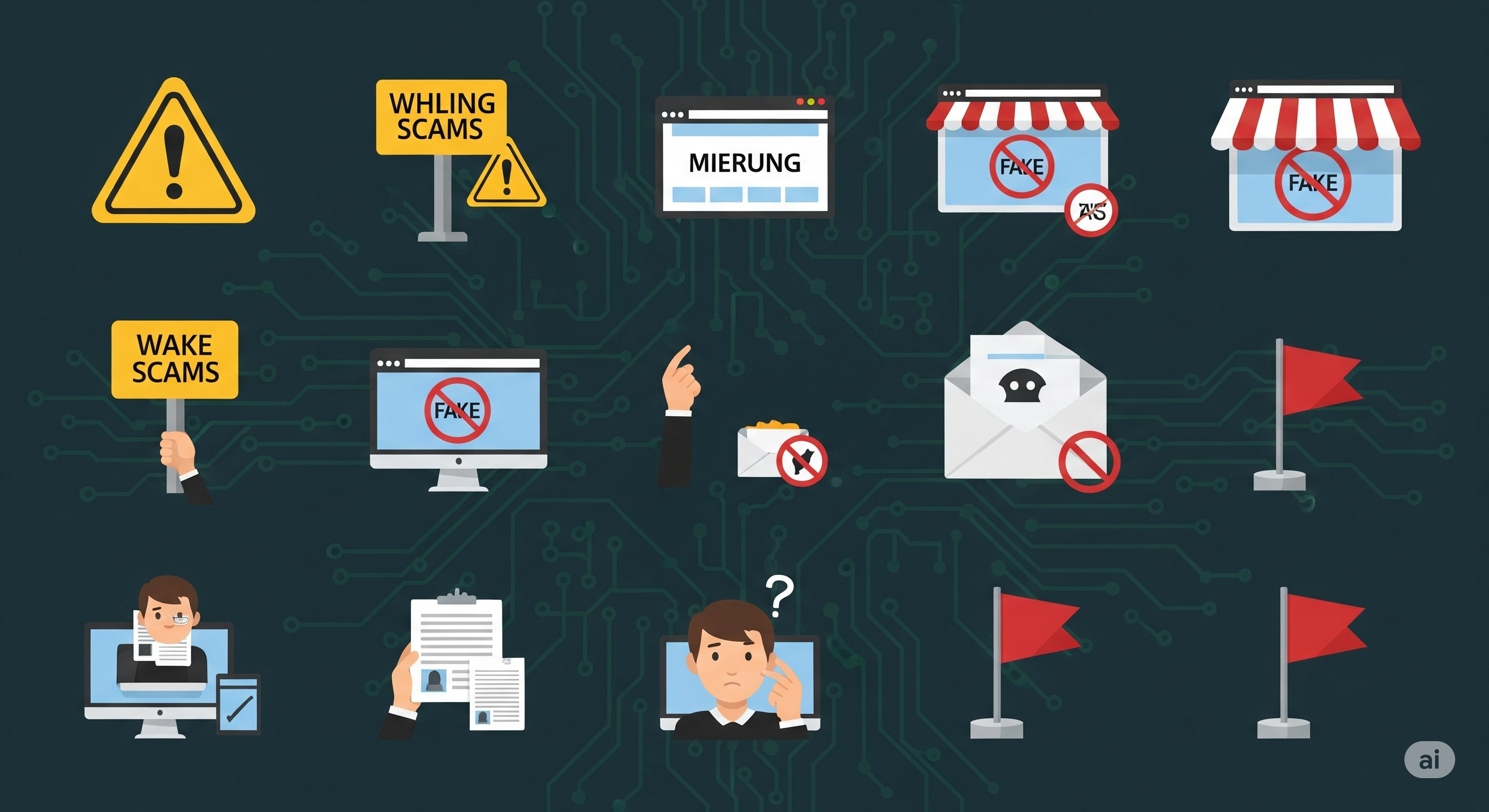
After an Online Scam
It is really scary to fall for an internet fraud nbsp You could feel betrayed and confused for a long......
Read More

Love Bomb Then Ghost
It s common to interact with people online these days but it also opens the door to new kinds of......
Read More
Understanding Scammer Language
Scammers on the internet are getting smarter all the time and they often use one basic tactic to get what......
Read More
Military Love Trap
The Military Love Trap is a rising internet scam in which scammers pretend to be military members to emotionally deceive......
Read More
After an Online Scam
It is really scary to fall for an internet fraud nbsp You could feel betrayed and confused for a long......
Read More